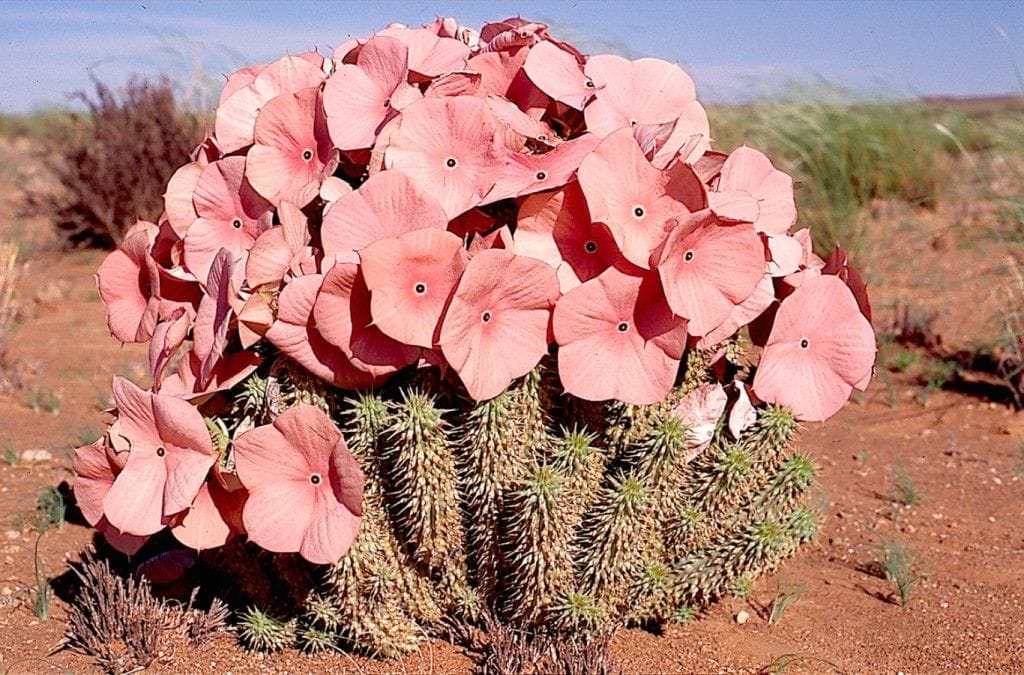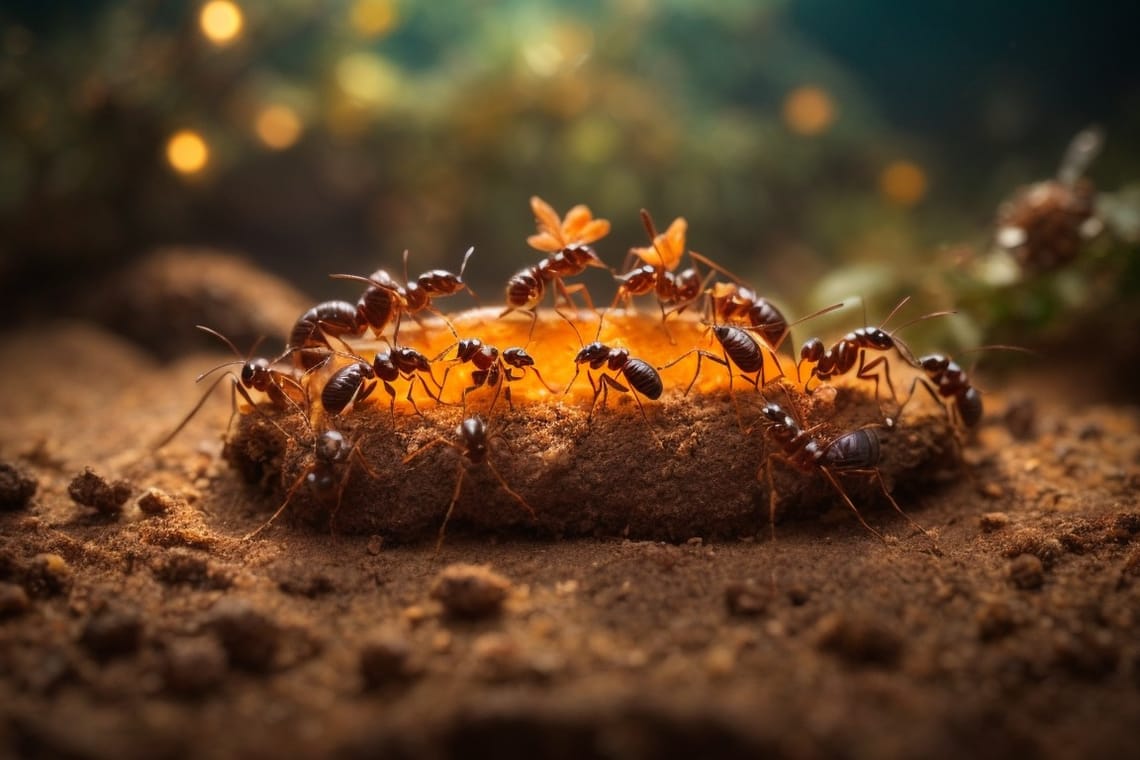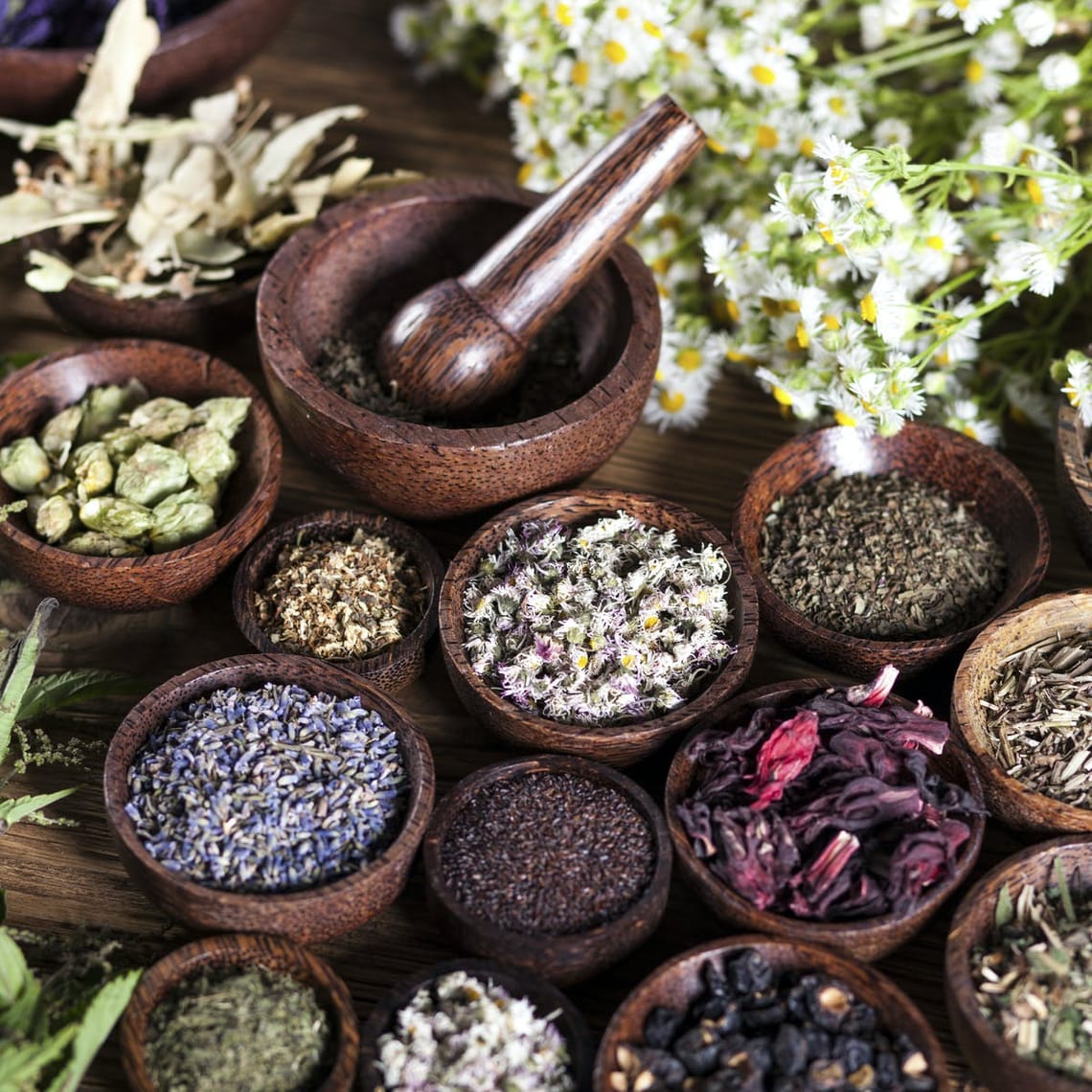The Founder of We at Living Strong https://livingstrong.co.za/, a health platform she writes weekly articles on health and vitality, to educate people on provision of natural medicine. She write …
In the vast landscape of natural remedies and traditional medicines, Hoodia stands out as a fascinating plant with a rich history and potential health benefits. Native to the arid regions of Southern Africa, Hoodia (scientifically known as Hoodia gordonii) has gained attention for its purported appetite-suppressant properties and contributions to overall well-being. In this article, we will explore the interesting facts and health benefits associated with Hoodia.
Origin and Traditional Use: Hoodia gordonii, also known as KhoiSan’s hat, is a leafless spiny succulent plant supposed to have therapeutic properties in folk medicine. It grows naturally in Botswana, South Africa and Namibia. Hoodia has a long history of traditional use among the San people of the Kalahari Desert in Southern Africa. For centuries, these indigenous people consumed Hoodia to suppress appetite during long hunting trips, helping them endure periods of food scarcity.
Appearance and Structure: Hoodia is a succulent plant that belongs to the Apocynaceae family. It typically grows in clumps of upright, green stems with spiky thorns. The plant produces attractive, star-shaped flowers and can reach up to a foot in height.
Appetite-Suppressant Properties: One of the most well-known aspects of Hoodia is its potential as a natural appetite suppressant. The plant contains a compound called P57, which is believed to have appetite-regulating effects. P57 is thought to influence the hypothalamus, the part of the brain responsible for controlling hunger.
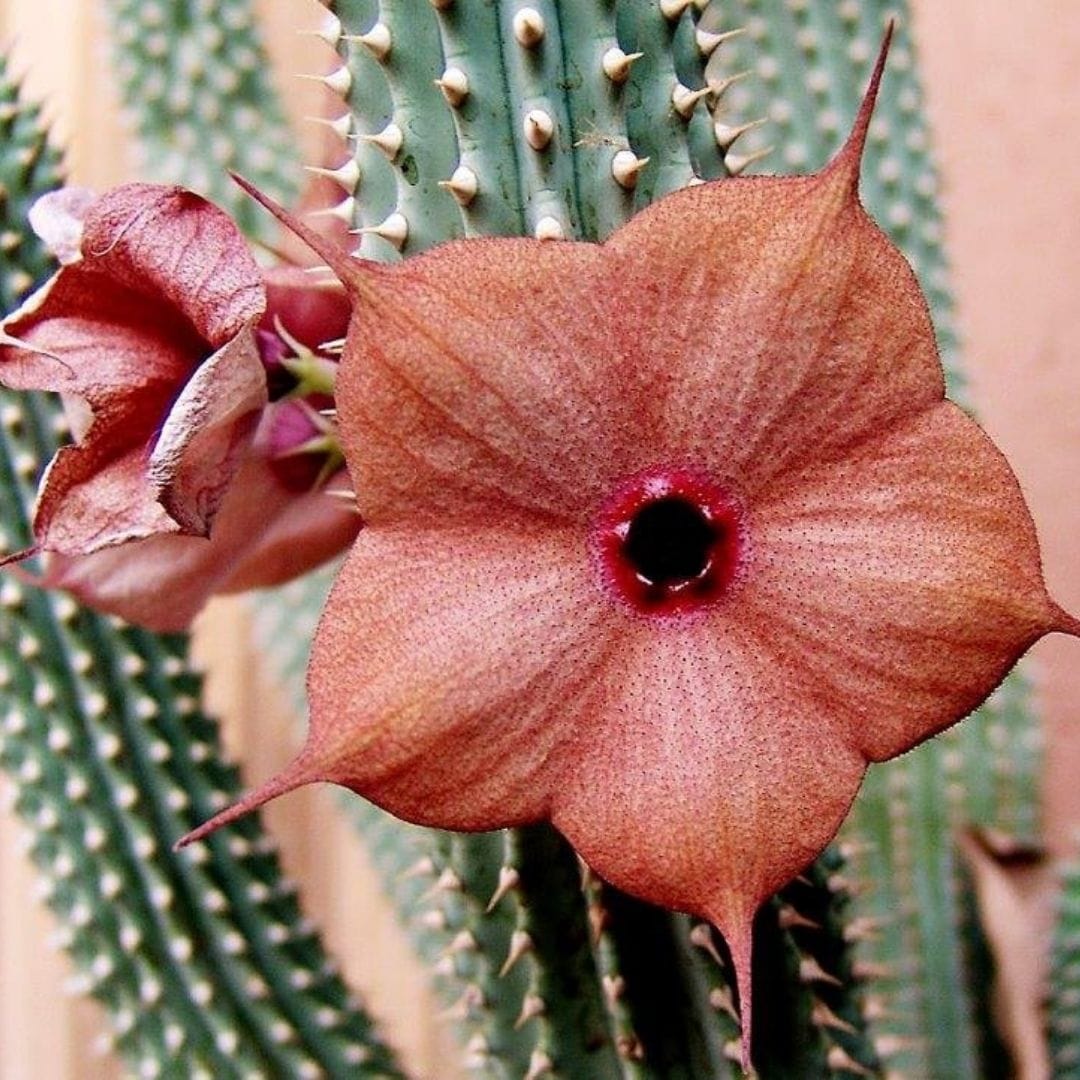
Health Benefits
Weight Management: Hoodia gained global recognition for its potential role in weight management. While more research is needed to fully understand its effects, some studies suggest that Hoodia may help reduce caloric intake by suppressing appetite, making it a potential ally in weight loss efforts. Not only does Hoodia suppress the appetite but it gives energy and enhances and lifts the mood.
Blood Sugar Control: Some research indicates that Hoodia may contribute to better blood sugar control. By influencing appetite and food intake, Hoodia could indirectly help regulate blood sugar levels, potentially benefiting individuals with diabetes or those at risk of developing the condition.
Antioxidant Properties: Hoodia contains various antioxidants, such as flavonoids and polyphenols, which play a crucial role in neutralizing harmful free radicals in the body. Antioxidants contribute to overall health by protecting cells from oxidative stress, potentially reducing the risk of chronic diseases.
Energy Boost: Traditionally, Hoodia was consumed by the San people to increase energy levels during strenuous activities, such as hunting. While more research is needed to substantiate this claim, some individuals report feeling more energized and focused after consuming Hoodia supplements.
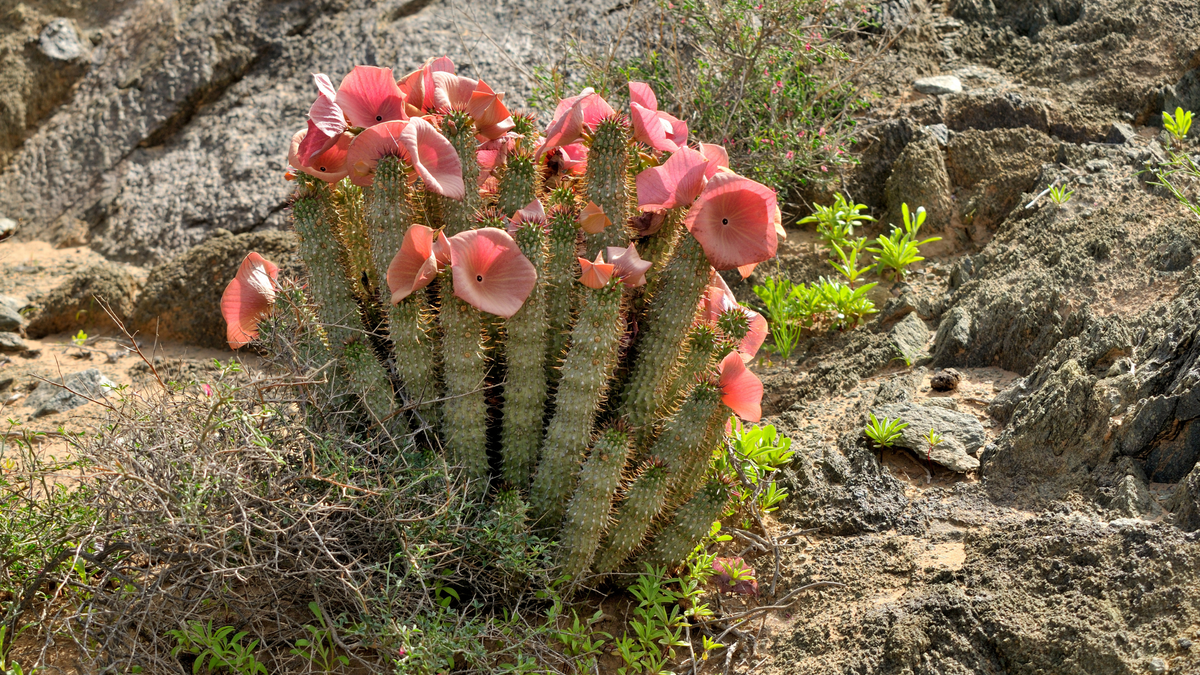
Hoodia’s intriguing history and potential health benefits make it a subject of interest in the realms of traditional medicine and modern wellness. While the plant shows promise in appetite suppression, weight management, blood sugar control, and as a source of antioxidants, it is essential to approach its consumption with caution. As with any natural remedy, it is advisable to consult with healthcare professionals before incorporating Hoodia into your health and wellness routine. As research continues, Hoodia may reveal even more secrets to enhance human health and well-being.
To acknowledge the contribution knowledges of KhoiSan people in Africa is vast. Rooibos or Aspalathus linearis, is a broom-like member of the plant family Fabaceae that grows in South Africa's fynbos biome. and this Hoodia gordonii used by the San people to suppress appetite during long hunting excursions and times of famine, extracts from this plant are now used in weight loss supplements, encourage us to look at local knowledge before we can embrace what is foreign to Africa.
What is your thought?

